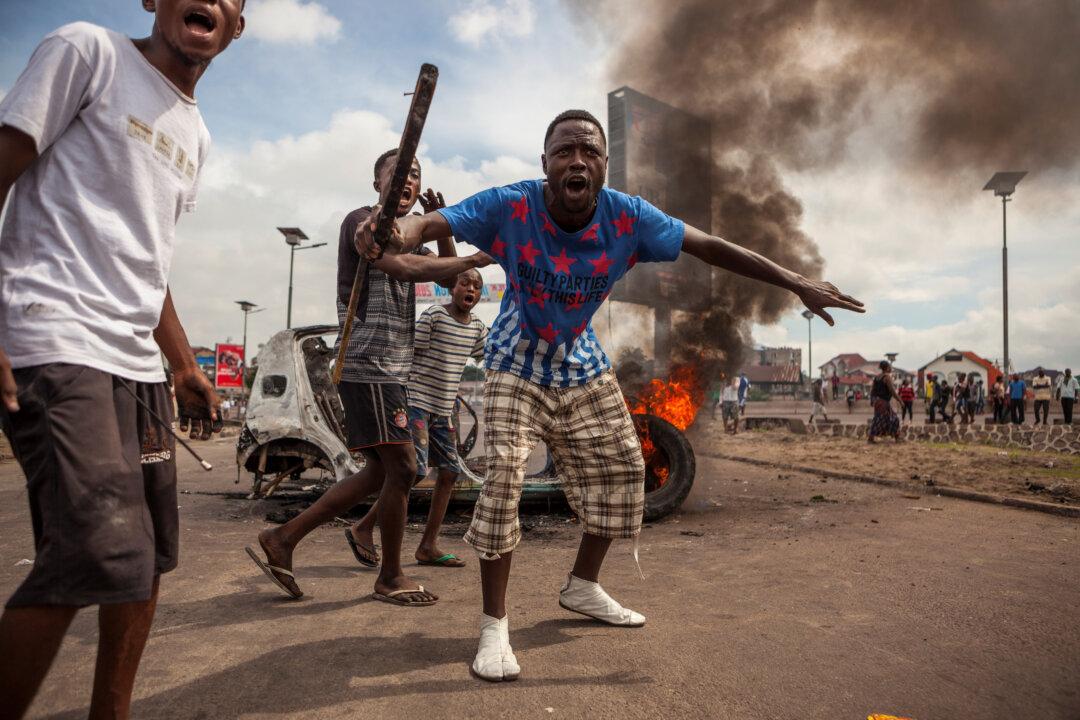A major operation aimed at retaking the city of Mosul—the ISIS terrorist group’s last major urban stronghold in Iraq—is raising the question of what will happen next to the city that has been occupied by the terror group since June 2014.
Many people in the Sunni dominated city were left with no choice but to welcome ISIS when they entered the city in 2014 following the discriminatory policies of the Shia government in Baghdad. Many fear this dynamic may play out again once ISIS leaves.
“The operation to retake Mosul is resulting in a dangerous convergence of Shi'a, Turkish, and Kurdish actors as they jockey for influence in northern Iraq,” said Patrick Martin, a research analyst at the Institute for the Study of War.
Post-ISIS Mosul and Coalition Tensions

An Iraqi Kurdish Peshmerga fighter stands inside of a destroyed building on the frontline in the Shaqouli village, near Mosul, after they've recaptured it from ISIS on Oct. 18, 2016. SAFIN HAMED/AFP/Getty Images




